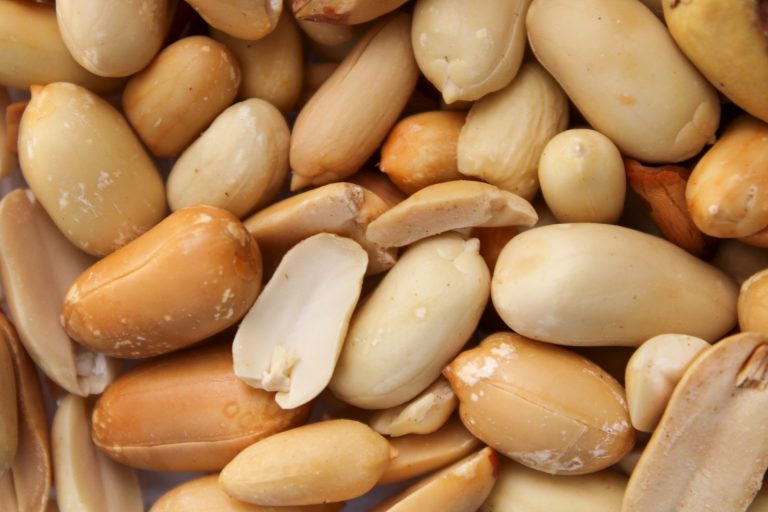- Sunbeth Global Concepts to open a 40,000-ton cocoa processing plant in Akure
- Aimed at value addition amid soaring global cocoa prices
LAGOS, NIGERIA – Nigeria is moving to redefine its cocoa industry with a major new processing facility, marking a significant step towards value addition in a sector long dominated by raw exports.
Sunbeth Global Concepts Ltd., one of the country’s biggest cocoa exporters, plans to launch a 40,000-ton capacity plant in the southwestern trading hub of Akure next year. The facility, which could be scaled up to 70,000 tons, comes as Abuja seeks to diversify its economy away from oil.
“Our vision is to empower the origin producers of food ingredients and products,” chief executive Olasunkanmi Owoyemi told Allen Dreyfus in an exclusive interview.
Expanding footprint in West Africa
Nigeria currently exports most of its 350,000 tons of cocoa output annually, processing only around 50,000 tons locally. Owoyemi‘s company already accounts for about 16% of Nigeria’s exports and handled more than $600 million worth of receivables from the global trade last year.
Sunbeth has also expanded its cocoa-buying operations into Ghana and Cameroon.
“I was born into this business,” said Owoyemi, whose father is a cocoa farmer. “Growing up in warehouses of cocoa, going to school, talking to a lot of traders, made me understand the business.”
Having witnessed his father’s struggles with late payments from exporters, Owoyemi set up his own export business in 2016. “Fast forward today, we do over 50,000 tons, over $600 million receivable, per annum,” he said.
Government bets on cocoa revival
Nigeria’s government is banking on younger entrepreneurs like Owoyemi to drive growth as global cocoa prices surge and oil exports falter. President Bola Tinubu has set a target of boosting output to 500,000 tons a year. A new law has also established a Cocoa Management Board to regulate and oversee the industry.
But Owoyemi warns that bureaucracy and limited access to capital remain barriers.
“They should set up good agriculture extension that manages this process,” he said, arguing that the sector could employ millions of young Nigerians if properly financed.
He stressed that previous processing ventures in West Africa failed because they lacked sufficient working capital. “Somebody builds a 40,000-ton capacity whereas having just working capital for 5,000 tons eventually makes the processing business not viable,” he said.
Financing remains the missing link
For Nigeria to scale its role in global cocoa markets, Owoyemi said farmers must gain access to credit and infrastructure investments. “The moment it increases, then we have more to sell, we have more to do as a business,” he said.
With West Africa supplying more than 70% of global cocoa, Nigeria’s bet on local processing could alter trade dynamics – but only if financing gaps and government inefficiencies are addressed.











